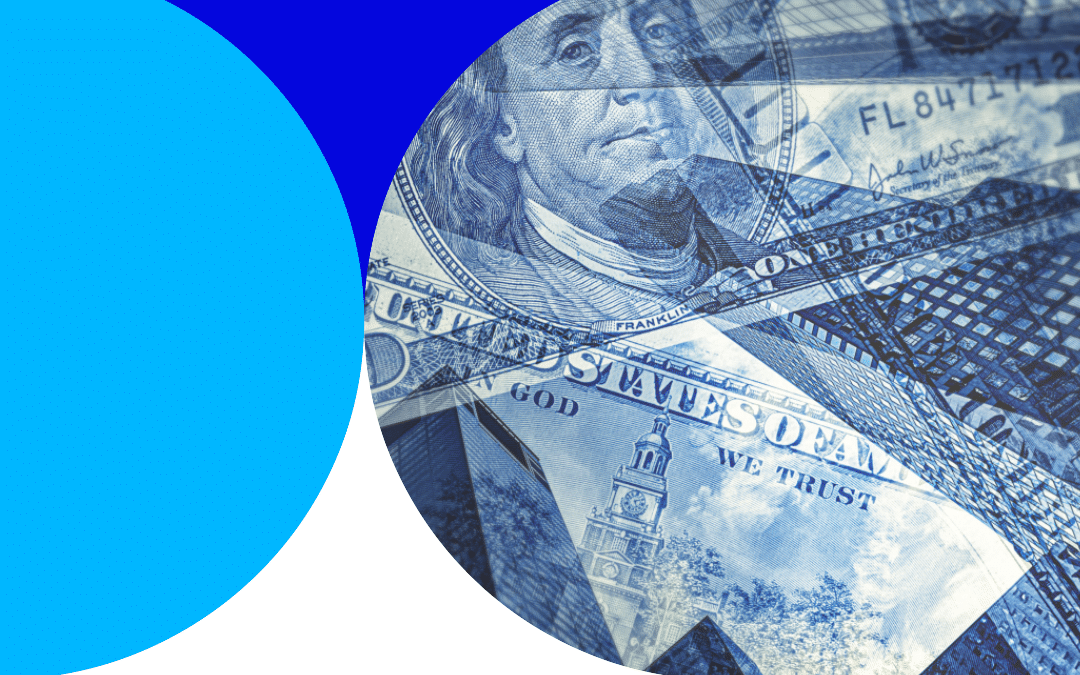Yes, it’s back. Economists, pundits, and politicians. Along with individual investors. All saying the same thing: “Here we go again.”
On January 19, the United States officially hit the debt ceiling. Now, you probably didn’t notice anything different when you woke up that morning. But there is a chance that sometime this year, the effects will be very noticeable in your 401(k).
The debt ceiling saga will likely dominate the news more and more in the coming weeks and months. Furthermore, it may lead to volatility in the stock and bond markets.
Do you have an investment management strategy in place now to preserve the principal in your 401(k)?
To get one in place, let’s start with a definition of what the debt ceiling is. The debt ceiling is “the total amount of money that the United States government is authorized to borrow. In order to meet its existing legal obligations.”
These obligations including everything from Social Security and Medicare. To tax refunds, military salaries, and interest payments on Treasury bonds.
The debt ceiling, then, is the limit to what the government can borrow to pay back what it has already spent. (Or is legally obligated to spend.)
Normally, raising the debt ceiling requires a simple act of Congress. But politicians in Congress disagree about whether the ceiling should be raised. Or if the ceiling should only be raised if it also comes with a decrease in government spending.
When this happens, we get a debt ceiling crisis. Where the nation comes perilously close to defaulting on its debts. Unless things change very quickly, 2023 is setting up to be the most bare-knuckled fight.
The most important question about the preservation and growth of your 401(k) is clear. What happens if the U.S. defaults on its debt?
The short answer: Nobody knows. It has never happened before.
The long answer: Nobody knows for sure, but we have a good idea. It isn’t pretty.
Seniors could stop receiving Social Security payments, or at least experience delays. Families could stop receiving Child Tax Credit Payments. Members of the US military would stop receiving paychecks, as would federal employees.
Veterans’ benefits would be delayed. Food assistance for the hungry, homeless, poor, and malnourished could stop. Medicare patients would have no means of getting healthcare. You get the idea.
Here is what a default would mean for the bond market. As you know, the U.S. issues Treasury bonds to pay for everything that taxes alone cannot.
In a default, bondholders would no longer be paid. And the value of their bonds would plummet. Along with the value of any bonds in any 401(k) mutual funds you own.
This would lead to dramatically higher interest rates. Interest rates are already higher than they have been in years. This would likely plunge the economy into a deep recession.
The stock market would likely follow the bond market. Down in value across the board.
Up to this point, the markets have been calm about the debt ceiling. There are two reasons for this. The first reason is that investors are more concerned about inflation. And interest rates.
The second reason is due to the assumption that Washington will get its act together. And raise the debt ceiling like it always has before.
Whether this happens remains to be seen. History suggests the country will avoid a default. History also suggests the stock and bond markets will get increasingly volatile. The closer we get to the June deadline.
For these reasons, I am advising my 401(k) advice client to prepare. For the worst stock and bond market conditions imaginable. To make the preservation of their 401(k) principal the highest priority possible.
No need to stress. If you are concerned, reply in the comments below. Share a copy of your default 401(k) mutual fund menu. I can provide a complete stock and bond market risk analysis for you in a couple of days.
MEET THE AUTHOR
Ric Lager is a Registered Investment Advisor specializing in 401(k) advice. He helps 401(k) participants improve their mutual fund decisions. The 401(k) self-directed brokerage account is a large part of his practice.
Ric provides independent, third-party fiduciary investment advice. He is not paid to sell 401(k)’s. Ask him about the dollar cost of owning the wrong mutual funds in your 401(k) account.
SUBSCRIBE TO MY LINKEDIN NEWSLETTER
I hope you enjoyed this content. If so, please consider subscribing to my LinkedIn 401(k) Advice Newsletter.

